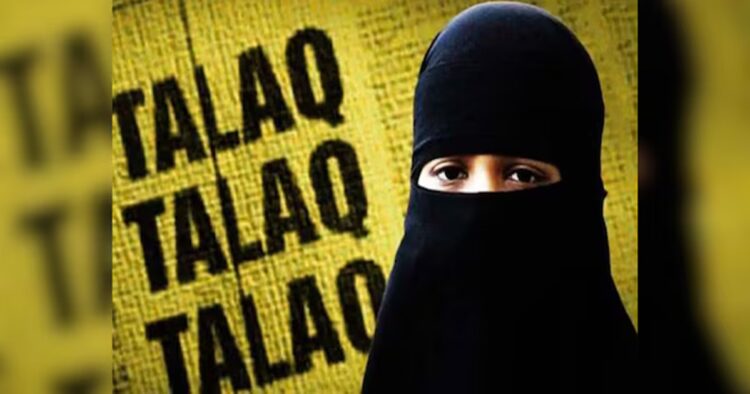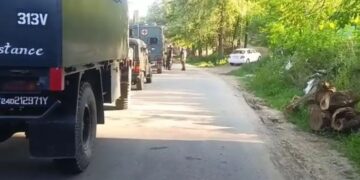In the Kotwali area of Tonk, a woman from Ahmedabad, Gujarat has lodged a complaint against her husband. Qaiser alias Furqan, for subjecting her to triple talaq, a controversial Islamic divorce practice where a husband can divorce his wife by pronouncing talaq three times.
The incident took place on Thursday around 10 PM. The victim, married to Qasier on June 10, 2003, as per Muslim rites, revealed in her complaint that she had been enduring harassment and abuse from her husband and in-laws since shortly after her marriage. The alleged mistreatment included both mental and physical torture. On the night of the incident, a minor dispute escalated into physical violence, culminating with Qaiser pronouncing talaq thrice, divorcing her according to the practice.
According to the victim, following the pronouncement of talaq, she was forcibly evicted from her marital home. She further accused her-in-laws of not only participating in the physical assault but also recording her in compromising situations during previous incidents of violence.
Police Inspector Bhanwar Lal Vaishnav confirmed that an FIR has been registered against Qaiser and his family members under relevant sections pertaining to domestic violence and the new anti-triple talaq law. A medical examination of the victim was conducted at Kotwali police station to document any physical injuries sustained. The police are actively investigating the case, with Inspector Vaishnav saying that legal action will be expelled under the new legislative framework. This incident comes following another reported case of triple talaq in Tonk earlier this year on May 30, where a mother of six incidents in the same region within a short span highlights the issue of triple talaq despite legal measures to curb the practice.
The practice of triple talaq has been a contentious issue in India, with legal reforms aimed at protecting women’s rights. The new law against instant triple talaq, passed in 2019, criminalises the practice, making it void unless confirmed through a judicial procedure, thus aiming to provide a legal recourse for affected women.

















Comments